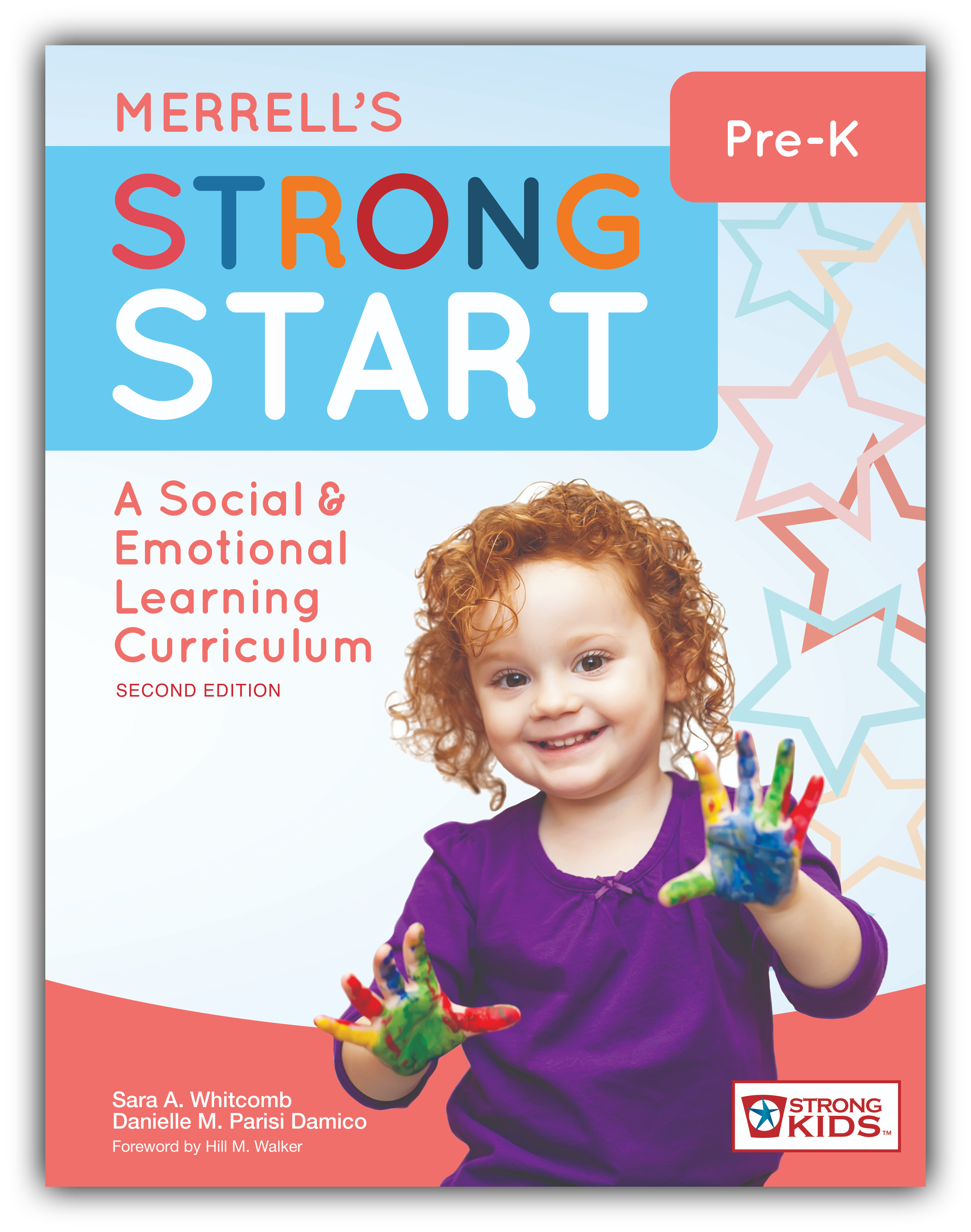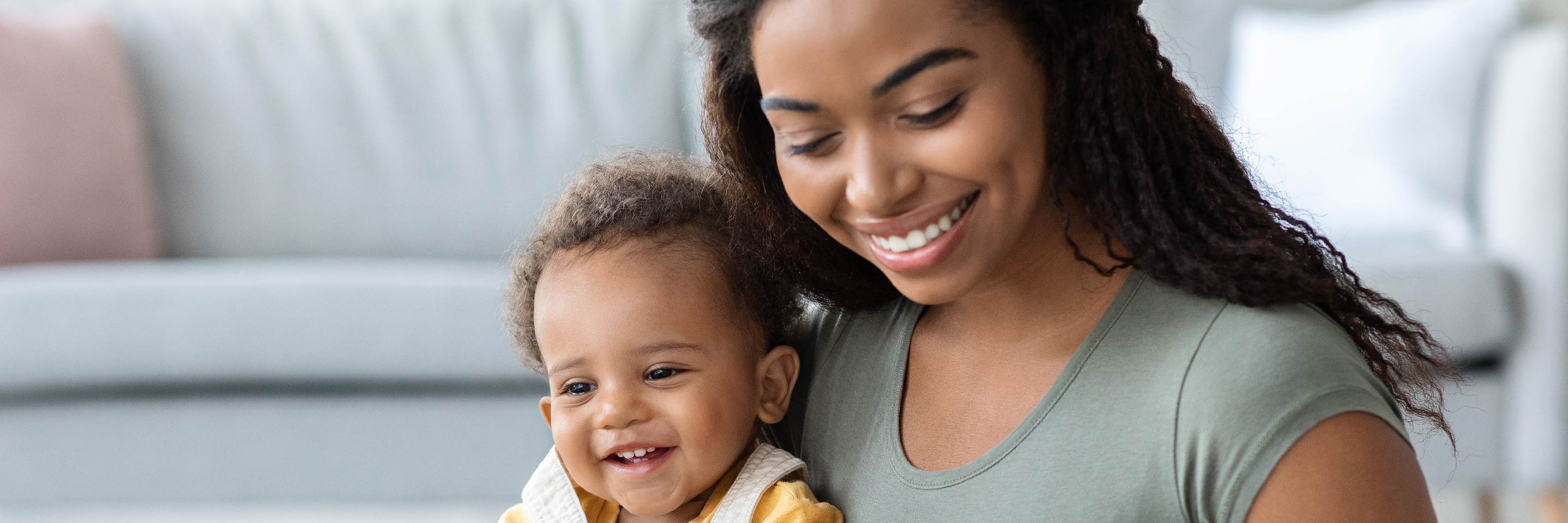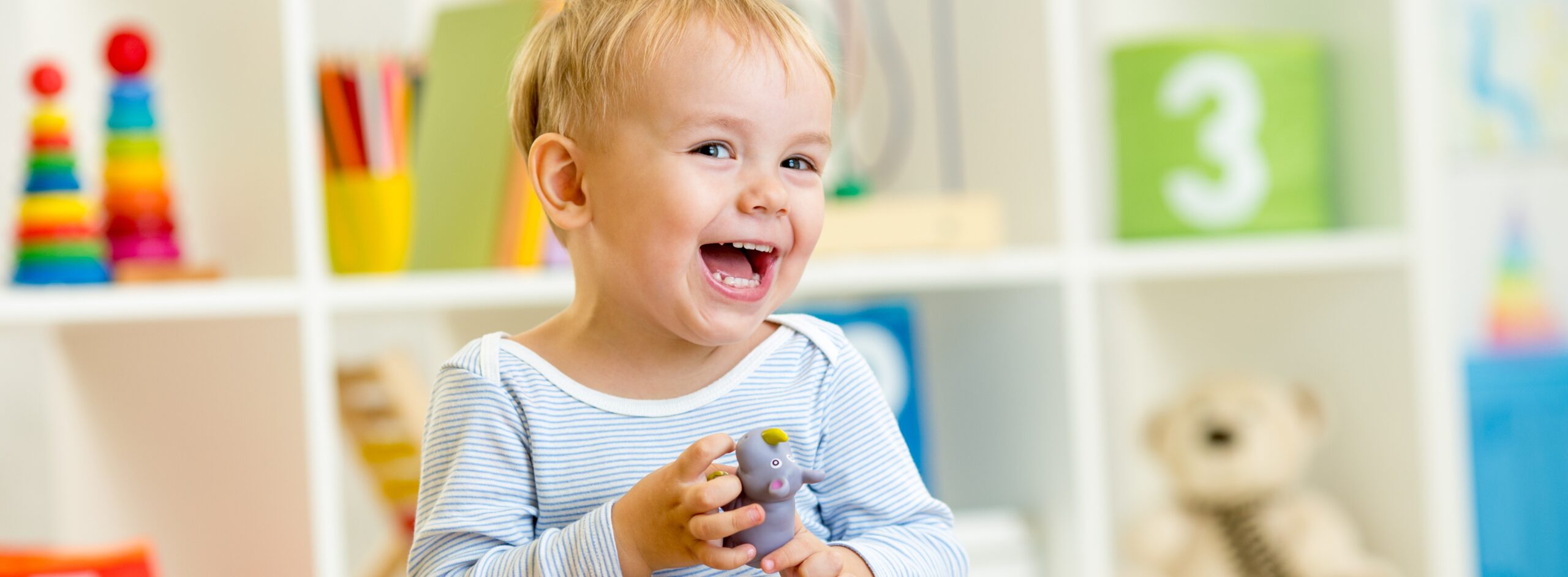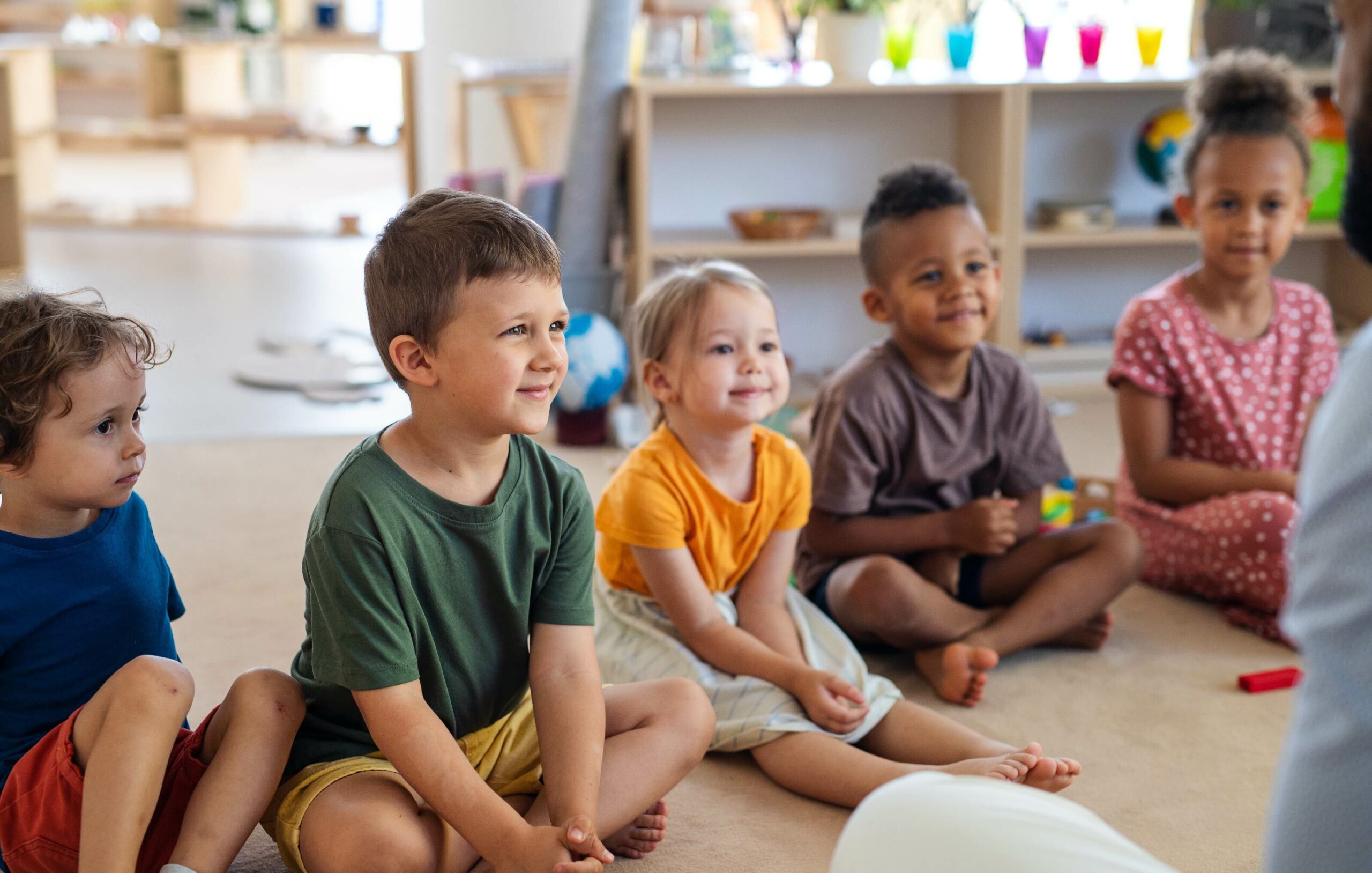40+ Books that Teach Children Social-Emotional Skills
Published Picture books are an excellent tool for teaching and reinforcing the social-emotional skills young children need for social and academic success. Today’s post offers some curated lists of books that help with specific skills, such as empathy, managing anger, and dealing with anxiety. Recommended by the authors of the evidence-based SEL curriculum Strong Start: Pre-K, these books correspond to the lessons in the curriculum—though they can be used in any setting at any time.
Picture books are an excellent tool for teaching and reinforcing the social-emotional skills young children need for social and academic success. Today’s post offers some curated lists of books that help with specific skills, such as empathy, managing anger, and dealing with anxiety. Recommended by the authors of the evidence-based SEL curriculum Strong Start: Pre-K, these books correspond to the lessons in the curriculum—though they can be used in any setting at any time.
Understanding Your Feelings
This booklist corresponds with Lessons 1-3 in Strong Start: Pre-K. In these lessons, young children improve their emotional vocabulary, awareness, and resilience skills through fun application activities. The books on this list can help reinforce children’s understanding of their many emotions.
- Feelings by Aliki
- The Way I Feel by Janan Cain
- Lots of Feelings by Shelley Rotner
- Sometimes I Like to Cry by Elizabeth Stanton and Henry B. Stanton
- Feelings by Joanne Brisson Murphy
- The Feelings Book by Todd Parr
- Everybody Has Feelings/Todos Tenemos Sentimientos: The Moods of Children by Charles E. Avery
- My First Day at Nursery School by Becky Edwards
- How Are You Peeling? Foods with Moods by Saxton Freymann and Joost Elffers
- On Monday When It Rained by Cherryl Kachenmeister
- My Many Colored Days by Dr. Seuss
- The Chocolate-Covered-Cookie Tantrum by Deborah Blumenthal
Understanding Other People’s Feelings
This booklist corresponds with Lesson 4 in Strong Start: Pre-K, which shows young children how to identify common physical cues or clues to help understand how another person might be feeling. These books are a great way to build on children’s awareness and understanding of other people’s emotions.
- Harriet, You’ll Drive Me Wild by Mem Fox
- Frog in the Middle by Susanna Gretz
- Chrysanthemum by Kevin Henkes
- The Rat and the Tiger by Keiko Kasza
- I Love My New Toy! by Mo Willems
When You’re Angry
This booklist corresponds with Lesson 5 in Strong Start: Pre-K. In this lesson, children learn to understand the physical signs of anger in their bodies, identify common situations that might lead people to feel angry, and determine if responses to anger are done in “Ways that Help” or “Ways that Hurt.” Use these books to deepen children’s understanding of anger and how to deal with it in constructive ways.
- The Anger Monster by Jennifer Anzin
- When Sophie Gets Angry—Really, Really Angry… by Molly Bang
- Josh’s Smiley Faces: A Story About Anger by Gina Ditta-Donahue
- Just Being Me #1: I’m SO Mad! by Robie H. Harris
- Sometimes I’m Bombaloo by Rachel Vail
When You’re Happy
This booklist corresponds with Lesson 6 in Strong Start: Pre-K. Young learners practice identifying common physical sensations associated with feeling happy, recognizing actions and situations that are more likely to lead to this positive feeling, and using a “Happy Talk” technique to cope with adverse situations in a positive way. This list of books can help promote children’s awareness of happy feelings and celebrate fun and positivity.
- I Like Myself! by Karen Beaumont
- Fun Is a Feeling by Chara M. Curtis
- Stand Tall, Molly Lou Melon! by Patty Lovell
- Beautiful Oops! by Barney Saltzberg
- Super-Completely and Totally the Messiest by Judith Viorst
When You’re Worried
This booklist corresponds with Lesson 7 in Strong Start: Pre-K, in which children are taught to apply specific behavioral, affective, and cognitive skills to situations that might cause them worry and anxiety. The following books can help children deal with feelings of worry that they may encounter in new or scary situations.
- Even if I Did Something Awful by Barbara Shook Hazen
- Wemberly Worried by Kevin Henkes
- The Kissing Hand by Audrey Penn
- The Good-Bye Book by Judith Viorst
- Owl Babies by Martin Waddell
Being A Good Friend
This booklist corresponds with Lesson 8 in Strong Start: Pre-K. In this lesson, children learn and practice some basic interpersonal communication skills, such as using a nice voice, being a good listener, and using appropriate body language. The following books are a great way to teach and reinforce important friendship skills.
- We Are Best Friends by Aliki
- Do You Want to Be My Friend? by Eric Carle
- How to Grow a Friend by Sara Gillingham
- Enemy Pie by Derek Munson
- Yo! Yes? by Chris Raschka
Solving People Problems
This booklist corresponds with Lesson 9 in Strong Start: Pre-K, in which children are taught how to resolve peer problems by applying their skills for coping with anger and using Happy Talk. The books on this list can help demonstrate how children can resolve interpersonal issues positively inside and outside the classroom.
- Move Over, Twerp by Martha Alexander
- I Can’t Wait by Elizabeth Crary
- I’m Frustrated by Elizabeth Crary
- Bet You Can’t by Penny Dale
- Chester’s Way by Kevin Henkes
- Words Are Not for Hurting by Elizabeth Verdick and Marieka Heinlen
Use the books in today’s post to start important conversations with young children and teach them key social-emotional skills in a fun and engaging way. Share these with parents, too, to help them increase their young children’s knowledge of healthy and positive behavior.



